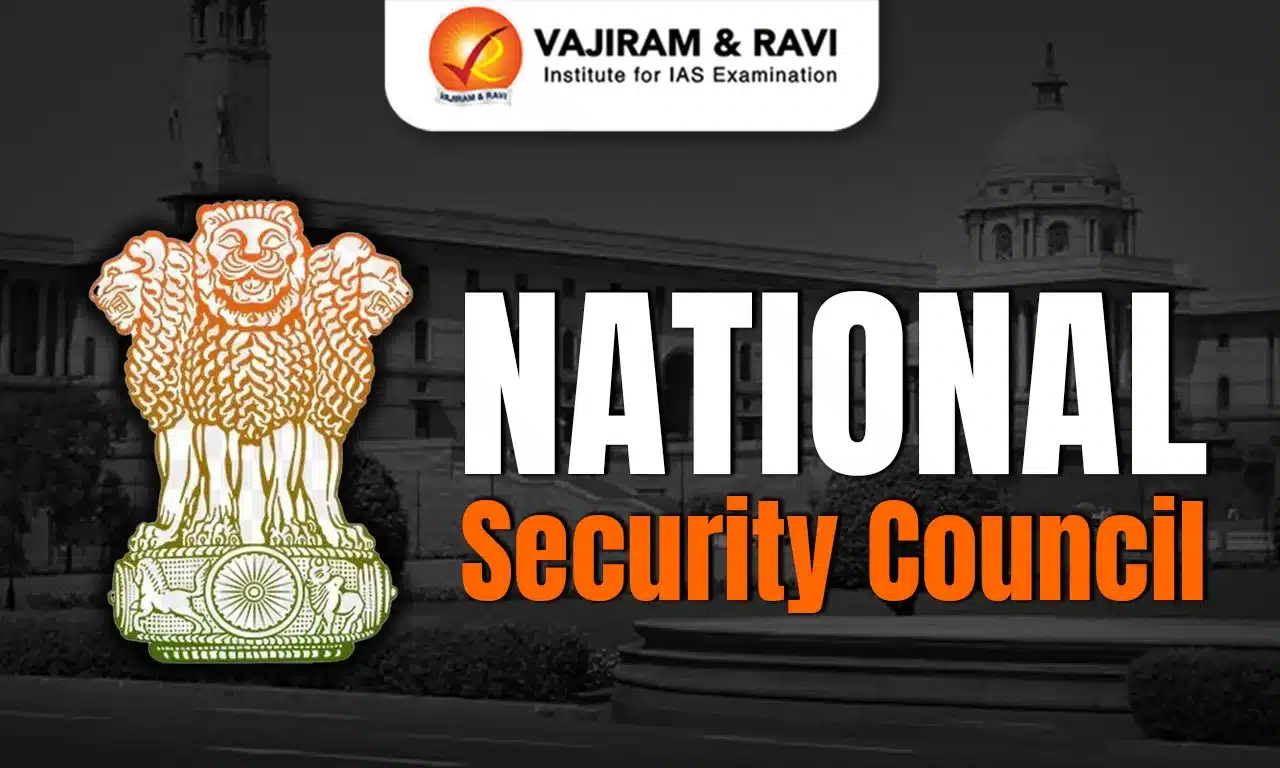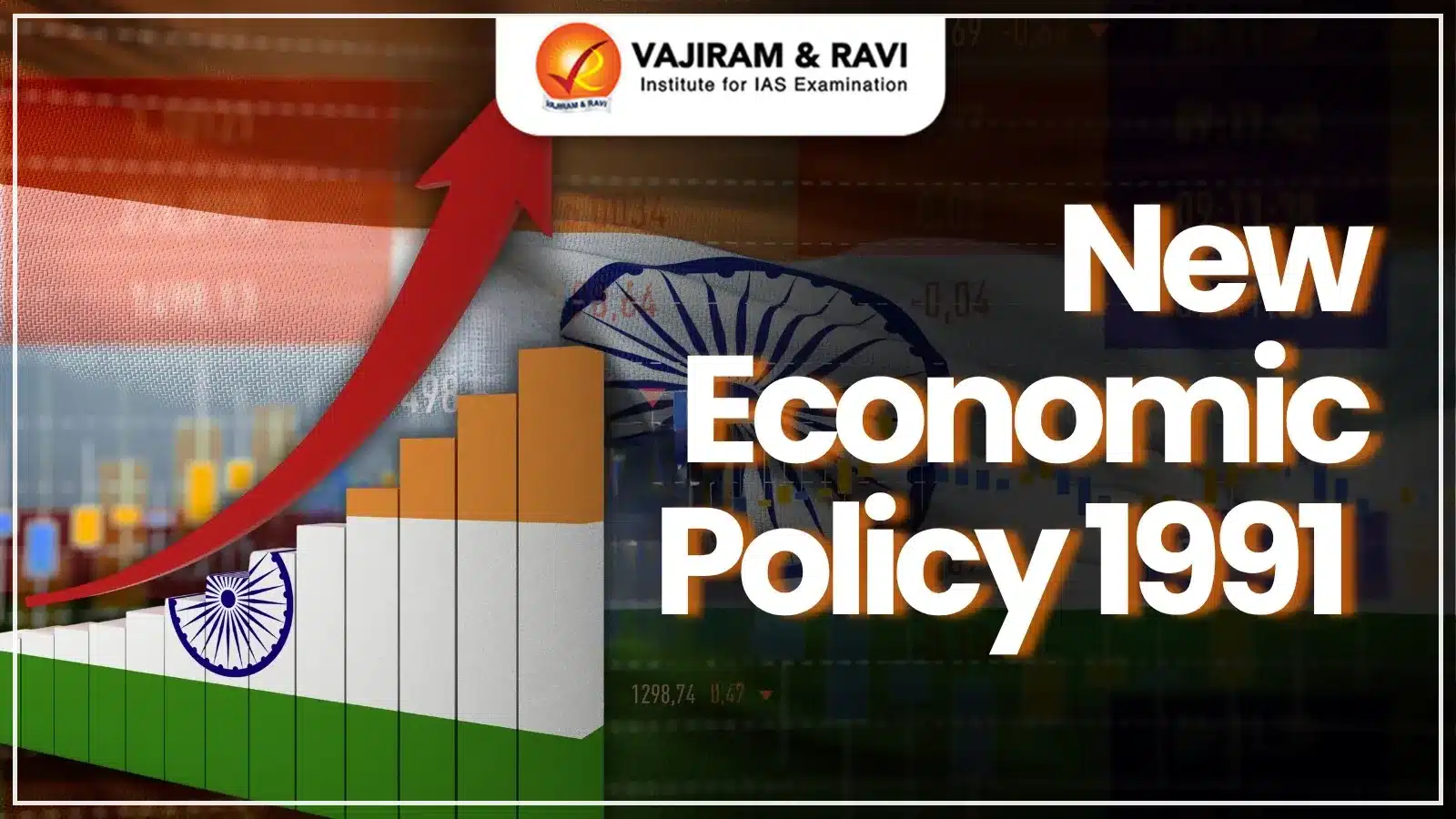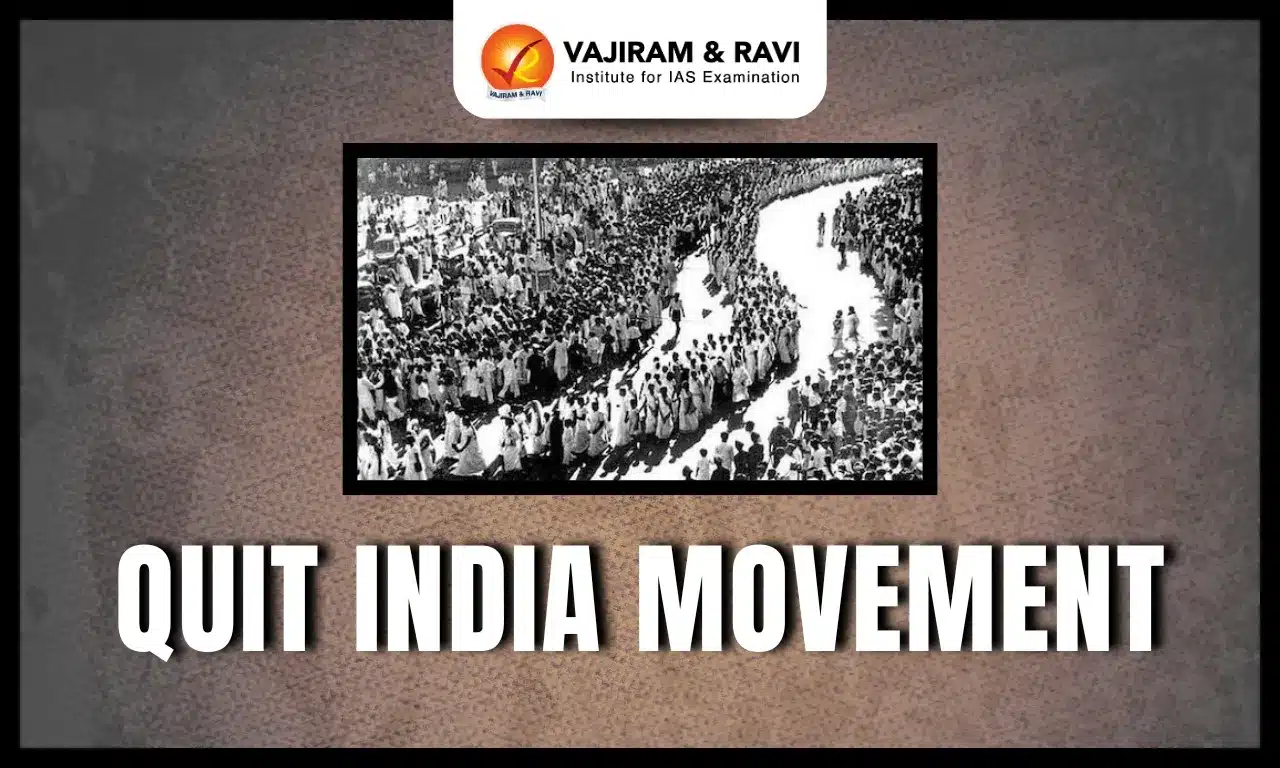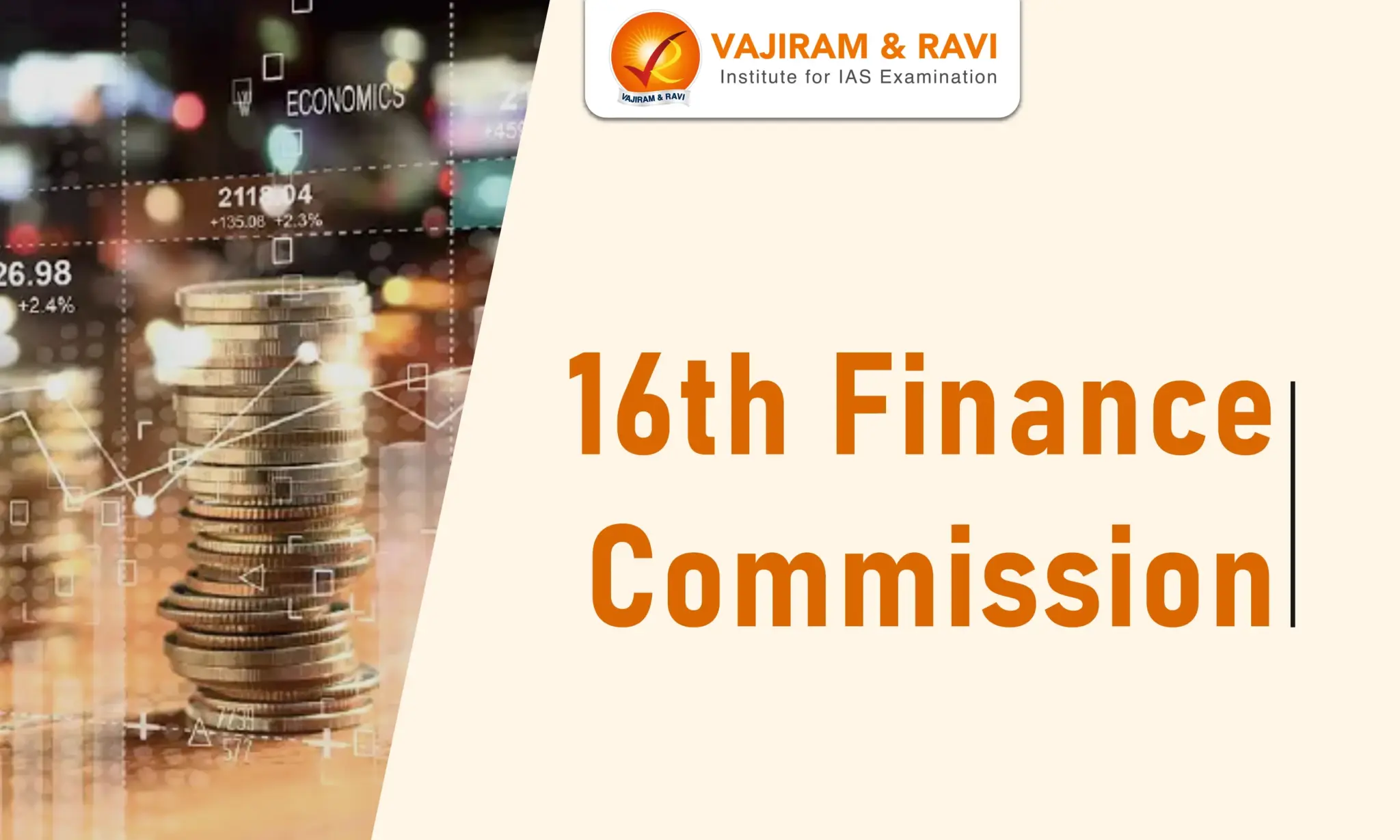National Security Council (NSC) of India is a pivotal body, entrusted with advising the Prime Minister's Office (PMO) on multifaceted issues concerning the nation's security landscape. It comprises the Strategic Policy Group, the National Security Advisory Board, and the National Security Council Secretariat.
It was established in 1998, following India's nuclear tests, to provide a more structured and comprehensive approach to national security.
National Security Council History
In the 1990s, motivated by concerns over a potential Pakistani nuclear test, the then PM V.P. Singh organised a National Security Council in 1990. However, this NSC lacked institutional integration and became defunct soon after.
- K.C. Pant Task Force: In 1998, the then-central government established a task force for establishing the NSC, which was chaired by K.C. Pant. The impetus arose from the necessity for command and control structures after India's nuclear tests in 1998.
- Establishment in 1998: A Cabinet Resolution in 1998 officially notified the establishment of an NSC, with the National Security Advisor (NSA) as its chairman.
- Brajesh Mishra was the first NSA of the country.
National Security Council Mandate
National Security Council (NSC) of India is a vital strategic body responsible for advising the Prime Minister on matters of national security, foreign policy, defence strategy, and other crucial issues affecting the country's security interests.
- It is a three-tier organisation that oversees strategic political, economic, energy, and security issues:
- Strategic Policy Group
- National Security Advisory Board
- National Security Council Secretariat.
- It works within the Prime Minister's Office (PMO), liaising between the government's executive branch and the intelligence services and advising leadership on intelligence and security issues.
- The National Security Advisor oversees the NSC and serves as the Prime Minister's primary advisor.
National Security Council Mission
National Security Council (NSC) Mission includes offering strategic counsel to the President on issues concerning national security. It plays a key role in overseeing and directing the National Intelligence Coordinating Agency (NICA) while also exercising broader oversight over the intelligence community. Additionally, the NSC is responsible for aligning and coordinating the efforts of the national government to achieve overarching security goals and strategic priorities.
National Security Council Vision
National Security Council vision is to shape a dynamic national security framework that can adapt to evolving challenges and opportunities both domestically and globally. It serves as a strategic advisory body, playing a crucial role in fostering conditions that support strong governance and drive socio-economic progress across the nation.
National Security Council Members
The National Security Council (NSC) of India is chaired by the Prime Minister. The National Security Advisor (NSA) serves as the principal advisor to the Prime Minister on national security and foreign policy matters. Currently, Ajit Doval holds the position of NSA. Its members include:
- National Security Advisor (NSA): The principal advisor to the Prime Minister on national security affairs and secretary of NSC
- Additional National Security Advisor: Assists the NSA in various security-related matters.
- Deputy National Security Advisor
- Minister of Defence
- Minister of Home Affairs
- Minister of External Affairs
- Minister of Finance
- Deputy Chairman of the NITI Aayog
National Security Council Functions
National Security Council (NSC) functions include formulating strategy, coordinating ministries, monitoring threats, advising the Prime Minister, and representing India globally on security issues, including defence, counterterrorism, economy, and environment.
- National Security Strategy: The NSC plays a crucial role in formulating and implementing India's national security strategy and national security policy.
- Coordinating agency: The NSC serves as a central hub for coordinating the activities of various government ministries and departments involved in national security.
- This includes the Ministries of Defense, External Affairs, Home Affairs, Finance, and other relevant agencies.
- Monitoring and assessing threats: NSC continuously monitors and assesses India's internal and external security threats. It gathers intelligence, analyses trends, and evaluates potential risks to India's national security.
- Advising the PM: It provides expert advice to the Prime Minister on matters of national security, including strategic assessments, policy options, and crisis management strategies.
- Representing India internationally: It represents India at international forums on national security matters through bilateral and multilateral dialogues.
National Security Council Organisational Structure
The National Security Council's three-tier structure which includes the Strategic Policy Group (SPG), National Security Advisory Board (NSAB), and National Security Council Secretariat (NSCS).
- Strategic Policy Group (SPG): Chaired by the Cabinet Secretary, it is the principal forum for inter-ministerial coordination.
- National Security Advisory Board (NSAB): NSAB undertakes long-term analysis and provides perspectives on national security issues.
- National Security Council Secretariat (NSCS): It serves as the executive arm, preparing studies and examining notes for the Cabinet Committee on Security (CCS)
National Security Council Challenges
National Security Council faces several challenges in its pursuit of effective national security governance, which impact its functioning and effectiveness:
- Overlap with other agencies: The NSC's undefined role leads to confusion and overlap with the Cabinet Committee on Security, Armed Forces, and intelligence agencies.
- Advisory nature: The NSC is an advisory body to the PMO without legal or constitutional backing, so its advice can be ignored for political reasons.
- Lack of transparency and accountability: The NSC operates primarily in secrecy, hindering public and media scrutiny. For instance, the NSC Secretariat's budget increased from ₹33.17 crore in 2016-17 to ₹333.58 crore in 2017-18, with allegations of misuse of items like Pegasus spyware.
- Evolving nature of threats: The NSC must adapt to ever-changing threats, including cyber warfare and space warfare.
- Geopolitical complexities: India's security is challenged by a complex geopolitical landscape, including regional rivalries, nuclear proliferation, and ideological conflicts.
National Security Council Reforms Needed
The National Security Council requires substantial reforms aimed at enhancing its functionality, oversight, and operational transparency.
- Legislation: Provide statutory backing for the NSC to ensure accountability and continuity.
- Organisational structure: Reevaluate the NSC's composition to improve integration and coordination among stakeholders, including opposition leaders, military chiefs, and the Chief of Defence Staff (CDS).
- Agency coordination: Enhance collaboration with military and intelligence agencies for more effective decision-making.
- Decision-making processes: Adopt action-oriented analysis and concrete follow-up plans to improve efficiency and accountability.
Naresh Chandra Committee Recommendations (2011)
Naresh Chandra Committee, established in 2011, provided comprehensive recommendations to enhance India's national security framework. Key proposals include:
- National Security Strategy: Develop a formal National Security Doctrine and a public National Security Strategy to outline India's defence and foreign policies.
- The cadre of ‘Defence Specialists’: Introduce a cadre of defence specialists in the civil service to enhance expertise.
Personnel shortage: Address the personnel shortage in intelligence agencies by improving the recruitment of individuals with the necessary language and technical skills.
National Security Council UPSC PYQs
Q1: With reference to India, consider the following: (UPSC Prelims 2025)
- The Inter-State Council
- The National Security Council
- Zonal Councils
How many of the above were established as per the provisions of the Constitution of India?
a) Only one
b) Only two
c) All the three
d) None
Ans: (a)
Last updated on March, 2026
→ UPSC Notification 2026 is now out on the official website at upsconline.nic.in.
→ UPSC IFoS Notification 2026 is now out on the official website at upsconline.nic.in.
→ UPSC Calendar 2026 has been released.
→ UPSC Final Result 2025 is expected to be released soon.
→ Check out the latest UPSC Syllabus 2026 here.
→ Join Vajiram & Ravi’s Interview Guidance Programme for expert help to crack your final UPSC stage.
→ UPSC Mains Result 2025 is now out.
→ UPSC Prelims 2026 will be conducted on 24th May, 2026 & UPSC Mains 2026 will be conducted on 21st August 2026.
→ The UPSC Selection Process is of 3 stages-Prelims, Mains and Interview.
→ Prepare effectively with Vajiram & Ravi’s UPSC Prelims Test Series 2026 featuring full-length mock tests, detailed solutions, and performance analysis.
→ Enroll in Vajiram & Ravi’s UPSC Mains Test Series 2026 for structured answer writing practice, expert evaluation, and exam-oriented feedback.
→ Join Vajiram & Ravi’s Best UPSC Mentorship Program for personalized guidance, strategy planning, and one-to-one support from experienced mentors.
→ Check UPSC Marksheet 2024 Here.
→ UPSC Toppers List 2024 is released now. Shakti Dubey is UPSC AIR 1 2024 Topper.
→ Also check Best UPSC Coaching in India
National Security Council FAQs
Q1. Who established the National Security Council of India?+
Q2. Who was the first NSA of India?+
Q3. Who is the head of the NSC in India?+
Q4. Which ministry is NSG under?+
Q5. Who is the current chairman of NSC?+
Tags: national security council quest UPSC Internal Security Notes














